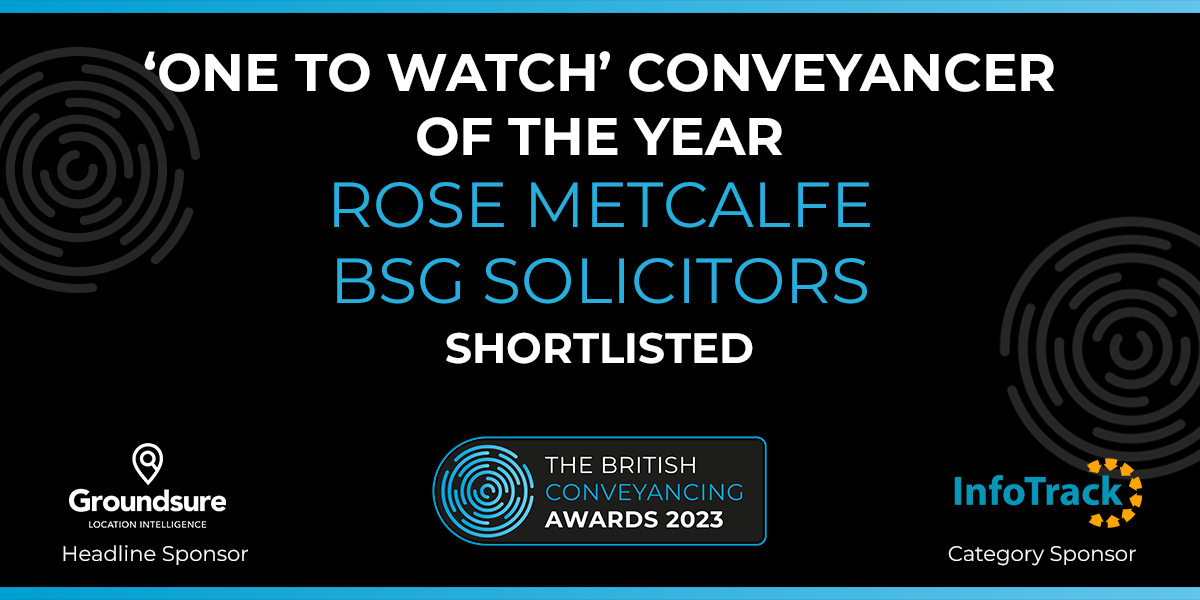One of the most frequently asked questions around becoming a deputy or attorney, is whether or not a person can be paid for doing this role. The short answer is “no”, although a deputy or attorney may be able to pay themselves for any out-of-pocket expenses reasonably incurred in discharging their functions. They may also, subject to permission, be able to claim the cost of any care provided.
Below we look at what type of expenses and costs can be claimed as a deputy or attorney, and what steps can be taken to ensure that these are deemed reasonable.
What are the rules around expenses incurred by deputies or attorneys?
Even though managing another person’s affairs can be time-consuming, where that person lacks the mental capacity to do this for themselves, this is not a role for which a deputy or attorney can usually charge for their services. That said, a deputy or attorney is not expected to be out-of-pocket for what they are required to do, where all kinds of costs may be incurred, from postage costs for admin tasks to the cost of fuel when running errands, such as collecting benefits or doing banking.
Needless to say, reasonable expenses will also cover the cost of recouping any money spent by the deputy or attorney in paying a third party, such as paying a cleaner to clean the person’s house or paying a builder to carry out repairs to that property. Importantly, however, the deputy or attorney must be able to justify any costs incurred, for example, they must have done their due diligence for any property repairs, such as sourcing several different quotes from reputable and reliable firms.
What are the rules around the cost of care provided by a deputy or attorney?
When it comes to care costs, the position is far more complex.
Whilst it may be possible to claim a gratuitous care allowance for the cost of providing care to the person lacking mental capacity, or even case management services, such as liaising with relevant professionals or managing and overseeing support workers, a deputy or attorney should always seek permission from the Court of Protection first. This is because the deputy or attorney does not have the authority to remunerate themselves in this way, or any other family member, where to do so without the court’s express permission would be in breach of their fiduciary duty.
Instead, the court must be asked to assess the reasonableness or level of remuneration which the deputy or attorney, or any other family member undertaking care and case management services, should be awarded. This is a figure to represent the commercial cost of care as the ceiling, reduced by 20% to reflect the fact that these payments are not subject to Income Tax.
What records should deputies or attorneys keep of costs incurred?
In all scenarios, either when claiming expenses or seeking permission for care costs, careful records must be kept by the deputy or attorney of any costs incurred and tasks undertaken. Being able to provide clear proof and justification for claims made is absolutely paramount when it comes to what is reasonable, including when expenses were incurred and when tasks were undertaken, together with any evidence of this. In this way, there can be no questions over what is legitimate.
Legal disclaimer
The matters contained herein are intended to be for general information purposes only. This blog does not constitute legal advice, nor is it a complete or authoritative statement of the law in England and Wales and should not be treated as such. Whilst every effort is made to ensure that the information is correct, no warranty, either express or implied, is given as to its’ accuracy, and no liability is accepted for any errors or omissions. Before acting on any of the information contained herein, expert advice should be sought.
















